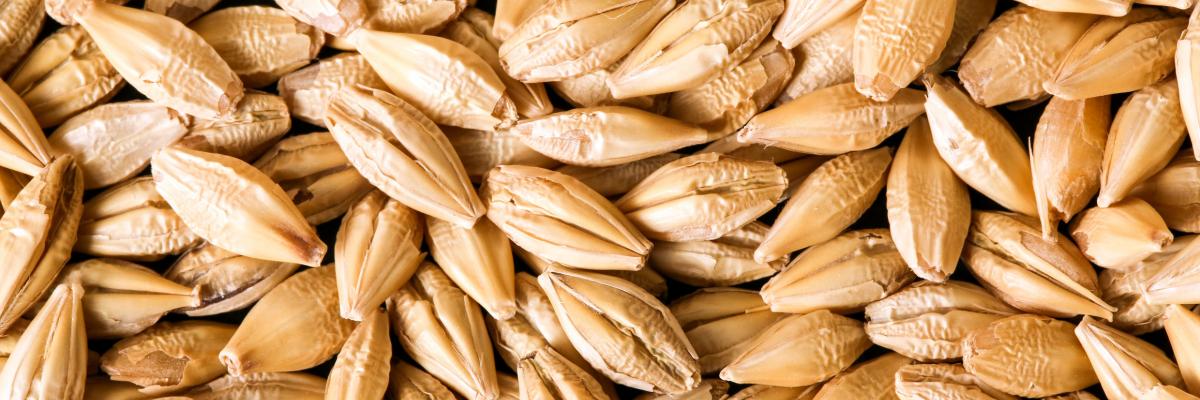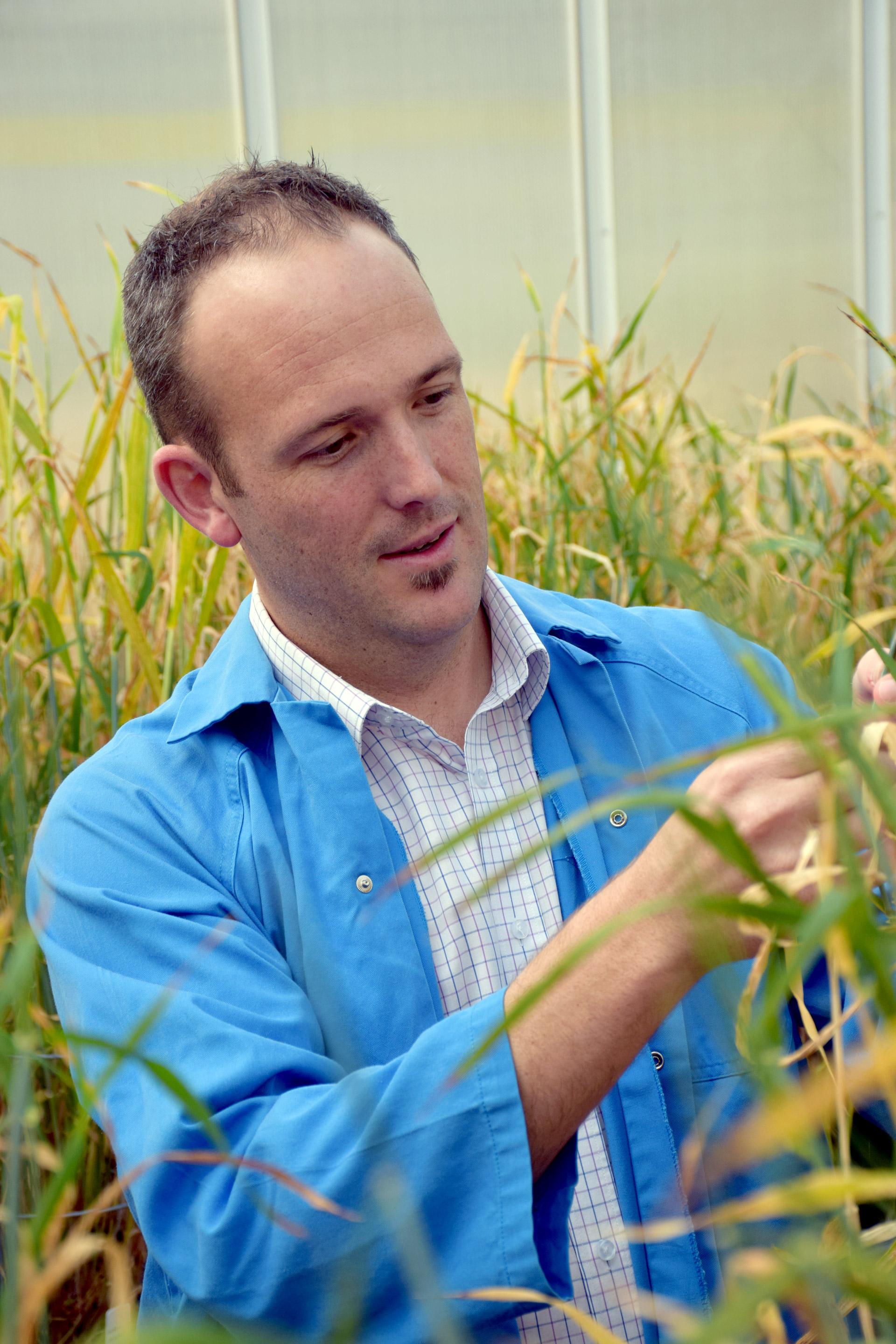Barley partnership brewing between scientists and engineers
University of Adelaide agri-food and wine scientists and chemical engineers have paired up with the goal to improve the quality of beer and wine.
New University of Adelaide professor Robert Falconer aims to use pharmaceutical engineering principles and expertise in protein chemistry to find quality gains in beer brewing and improved technology for wine-making.
He’s collaborating with scientists from the School of Agriculture, Food and Wine, including Associate Professor Matthew Tucker.

“Barley is worth around $500M to our local economy and the majority is exported for use in the international malting and brewing sector.” says Associate Professor Tucker, Deputy Director of the Waite Research Institute.
“Our goal with this cross-discipline research is to help growers sustainably produce more barely of a higher quality and that can attract a premium price tag.”
Associate Professor Tucker and his colleagues – Professors Jason Able, Matt Gilliham and Diane Mather - will capitalise on Professor Falconer’s expertise in brewing related research.
“We hope to utilise Robert’s expertise in malt quality to determine how this relates to grain quality, and how it can be predicted faster and with greater certainty,” says Associate Professor Tucker.
“That will potentially allow breeders to more accurately predict which barley lines should be selected for further breeding.”
This multidisciplinary collaboration builds on the University’s already strong research focus on understanding barley growth and development in both optimal and challenging environmental conditions.
Professor Able, Head of the Department of Agricultural Science, says the new barley project opens doors for further industry collaboration, with Waite campus researchers already having strong links with stakeholders, including Coopers and Glencore.
“Projects with industry and investment partners, the Grains Research and Development Corporation, are currently focused on understanding the chemical compounds that contribute to beer flavour to satisfy both domestic and international markets such as China, who is a major exporter of our barley annually, ” he says.
Professor Falconer and fellow researchers from the School of Chemical Engineering and Advanced Materials are also using their protein chemistry expertise to develop wine-making solutions for protein haze problems and improved grape juice flotation. These projects are in collaboration with scientists from the Australian Wine Research Institute and the School of Agriculture Food and Wine.
About this article
This article is adapted from the University of Adelaide media release titled, Engineering for better brewing and wine-making.

